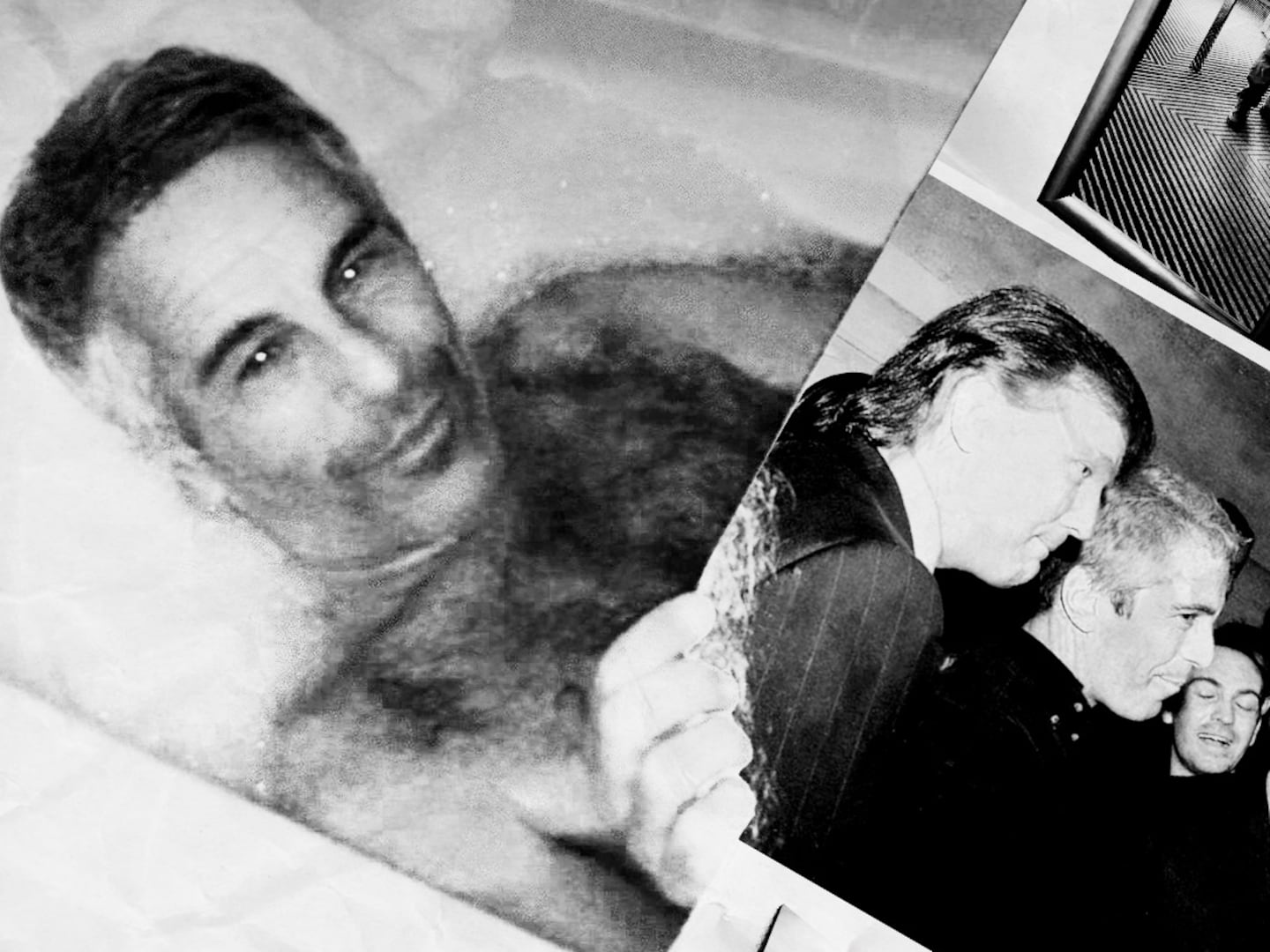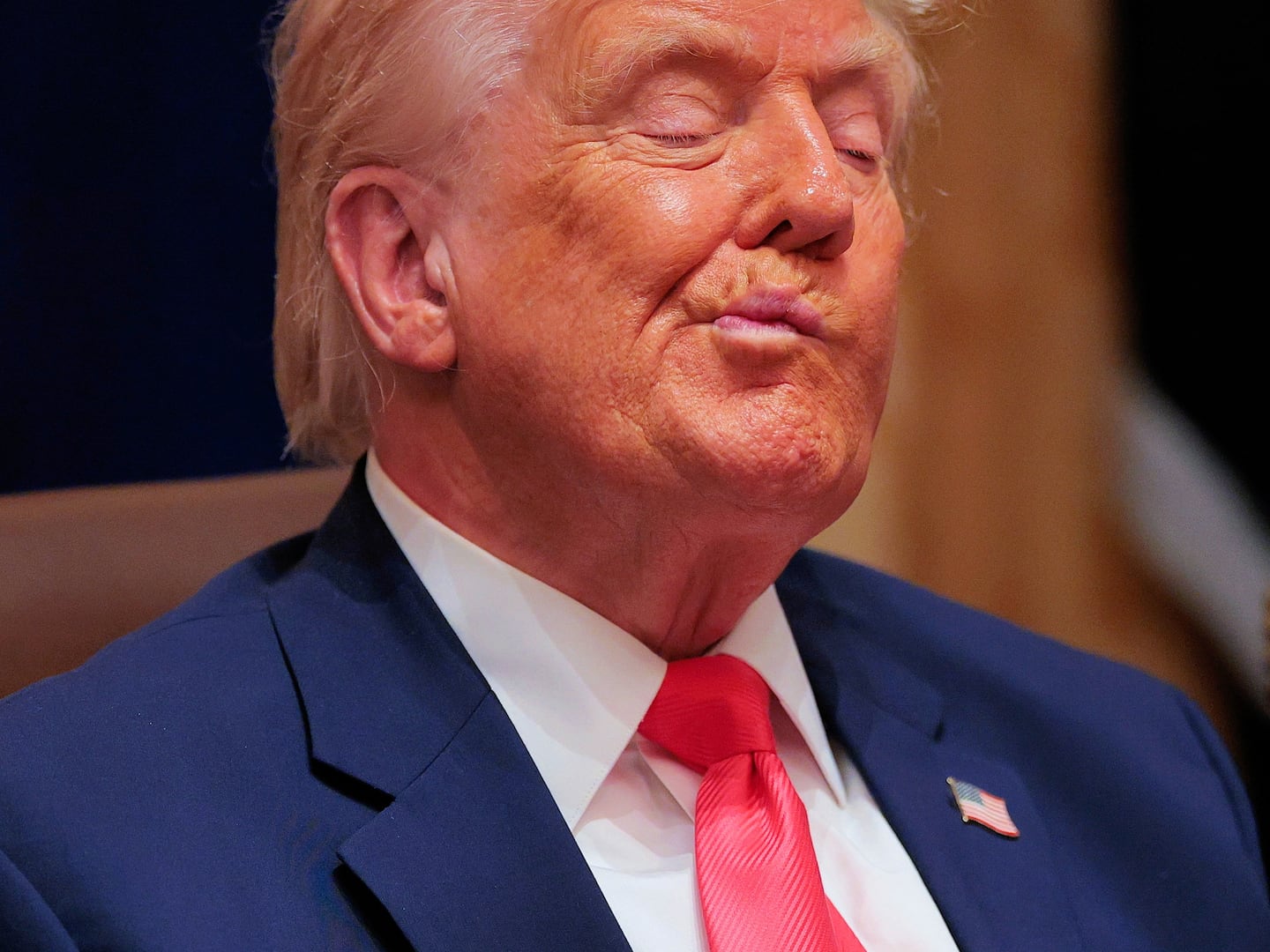
Must-read collections from Wells Tower, Robert Boswell, Antonya Nelson and Mary Gaitskill have made this a sterling year for the American short story. But where are the Brits?
Truth is, the U.K. doesn’t have much of a track record in the short story—at least not since the early part of the century (Katharine Mansfield, W. Somerset Maugham, Evelyn Waugh). More recently Ian McEwan, Martin Amis, and Julian Barnes have dabbled in the form, but their novels are far and away their greater achievements.
The buttoned-up British have always had flair for the perverse.
This is despite the fact that the BBC offers the world’s biggest short-story prize: a whopping 15,000 pounds to the writer of the year’s best British short story. (The prize was created, according to its website, “to re-establish the importance of the British story after many years of neglect.”) Last year’s award went to Clare Wigfall, whom you’ll be forgiven for not having read. Her debut collection has yet to be published in the States.
James Lasdun is a better-known BBC-prize recipient (he got the award in 2006), largely thanks to the critical acclaim won by his unsettling first novel, The Horned Man, a psychological thriller about a mild-mannered academic who seems to be losing his mind. His poised and elegant new collection, It’s Beginning to Hurt, should only add to his reputation—striking a much-needed blow for the health of contemporary British short fiction along the way.
The BBC Award-winning story, “An Anxious Man,” leads off the collection and establishes Lasdun’s unshowy, patient approach to the form. Middle-aged family man Joseph Nagel has inherited some money; when his wife invests it in the stock market he becomes tormented by the fear that they will lose everything. The plot is negligible—a scare occurs involving his children—but such is the sharpness of the story’s psychological portrait of everyday unease that, by the end, its atmosphere has become excruciatingly tense.

The secret life of prosperous men stands as a unifying theme, making this a story collection for the Wall Street Journal set. In “Cleanness,” an extremely proper, well-paid banker encounters some trouble on the way to his aging father’s wedding, and discovers an inner strain of perversity. In “The Incalculable Life Gesture,” an elementary school principal develops a cyst in his throat that may or may not be malignant. The uncertainty leaves him deranged. In “A Bourgeois Story,” a London lawyer meets up with an old college friend—a political radical—who humiliates him and makes him rethink the virtue of his material success. A flowering tree in his garden will come to seem like a kind of rebuke: “The extraordinarily abundant clusters of blossoms bursting out from even the thinnest twigs had seemed comical, a massive overcalculation of nature, absurd and benign, like an enormous bank error in one’s favor.”
Lasdun’s stories are ruthlessly focused and machine-like in their efficiency. Many recall Maupassant or O. Henry in the way they conclude with an old-fashioned twist or epiphany. Sometimes this twist feels like the turn of the knife, as in “Cranley Meadows,” where a younger wife plans to desert her husband, or the two-page title story, a marvel of compressed nastiness.
The buttoned-up British have always had flair for the perverse—think of the novels of the recently departed J.G. Ballard or the films of Peter Greenaway. Lasdun is not as lurid as either, but the psychological darkness of his work fits into this national tradition. His characters are nicely dressed, upstanding members of society, but their propriety feels precarious, beset by dark appetites. This is what makes It’s Beginning to Hurt such a spellbinding read—and just what the ailing British short story tradition needs.
Plus: Check out Book Beast, for more news on hot titles and authors and excerpts from the latest books.
Taylor Antrim is a critic for The Daily Beast and the author of the novel, The Headmaster Ritual.






